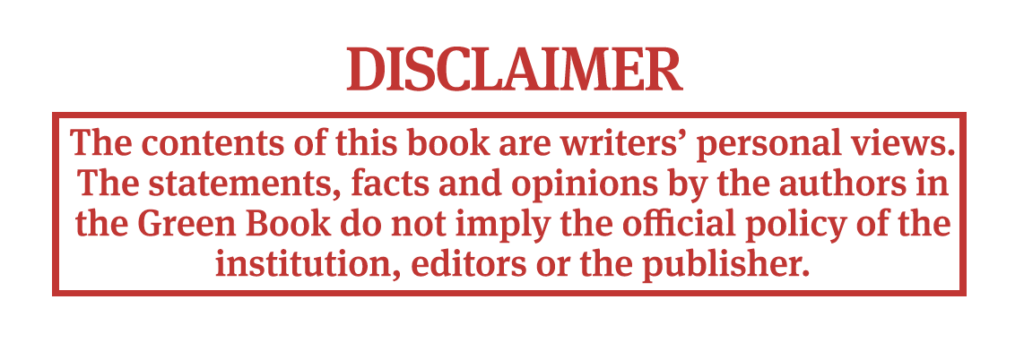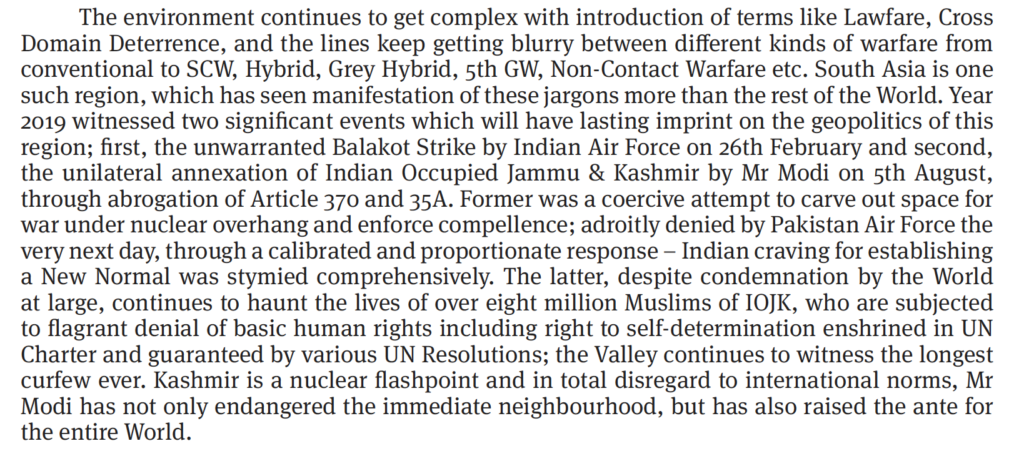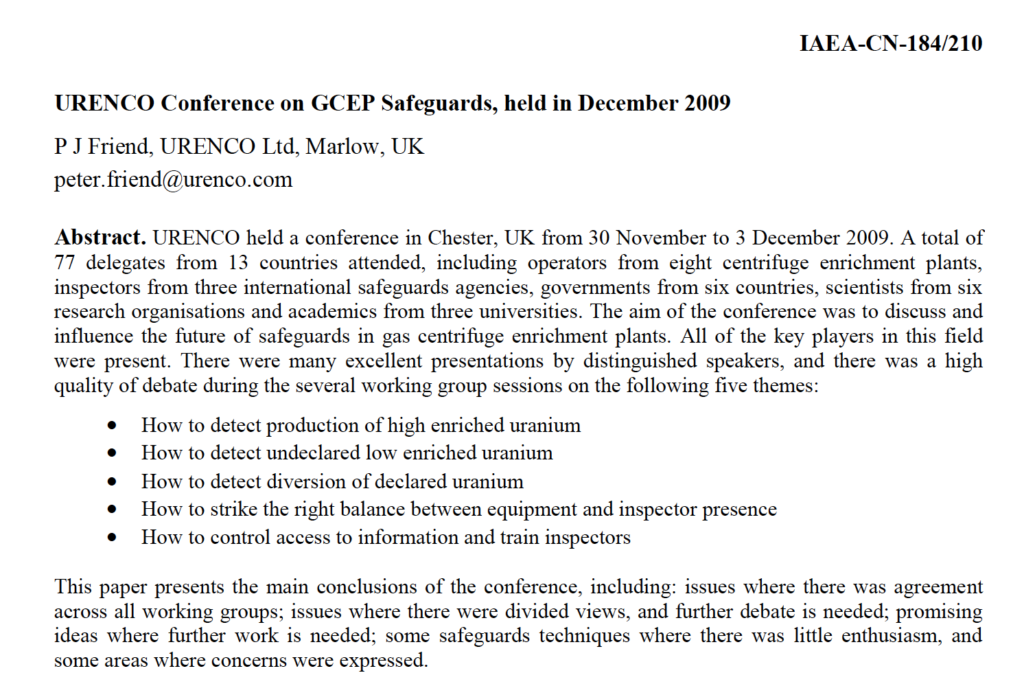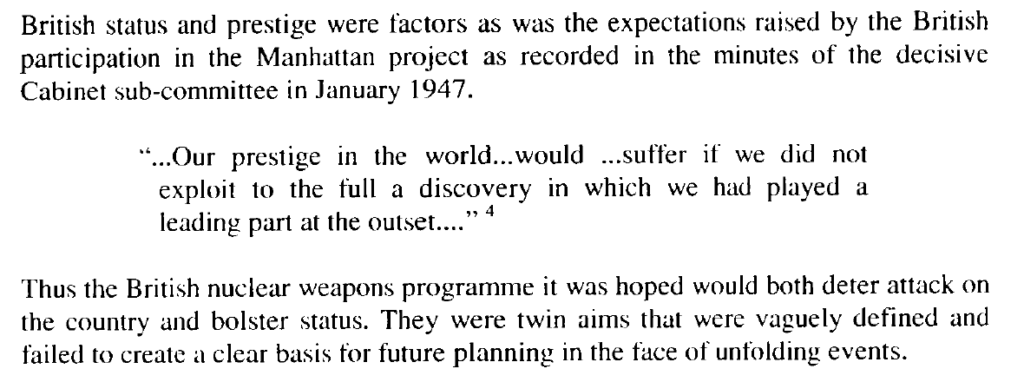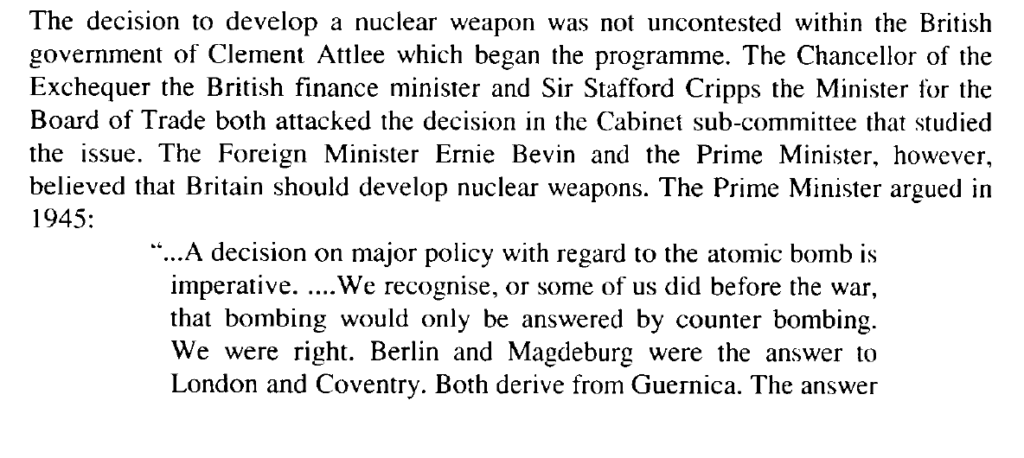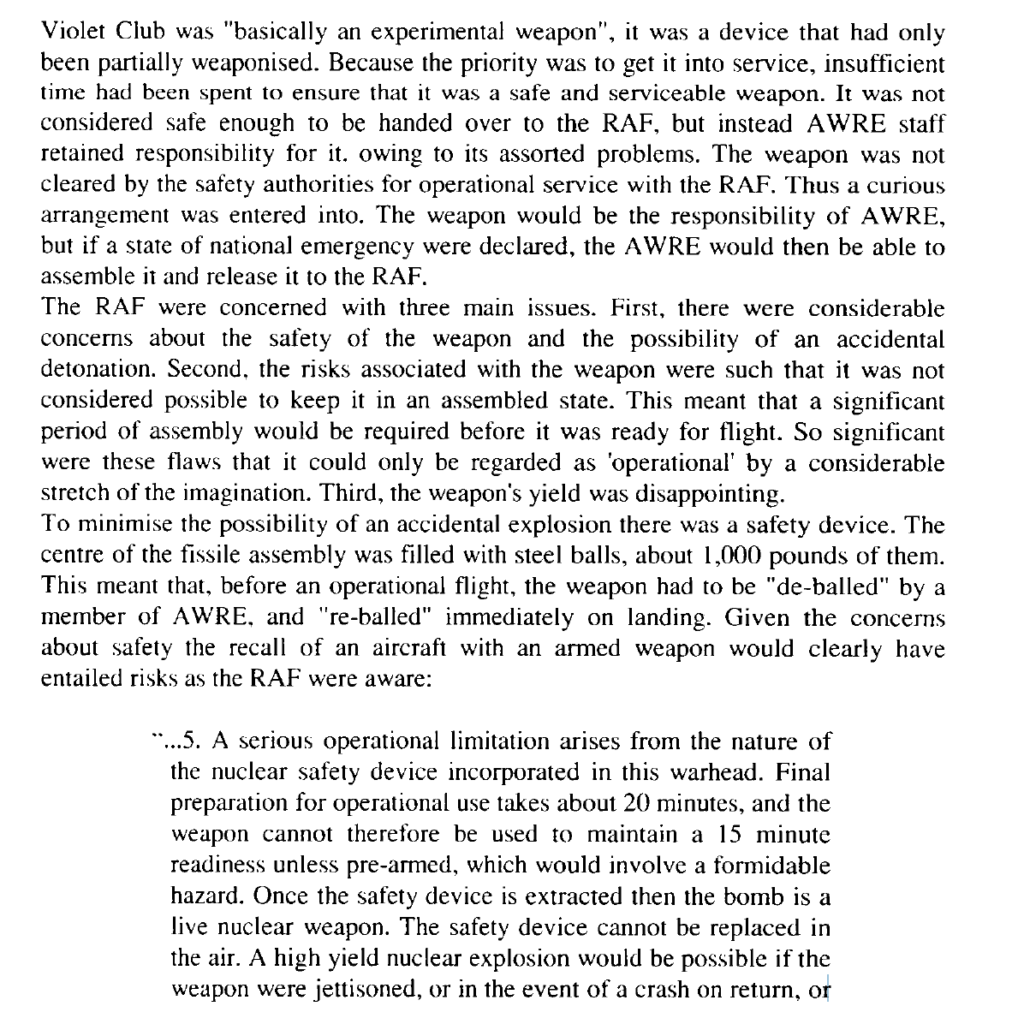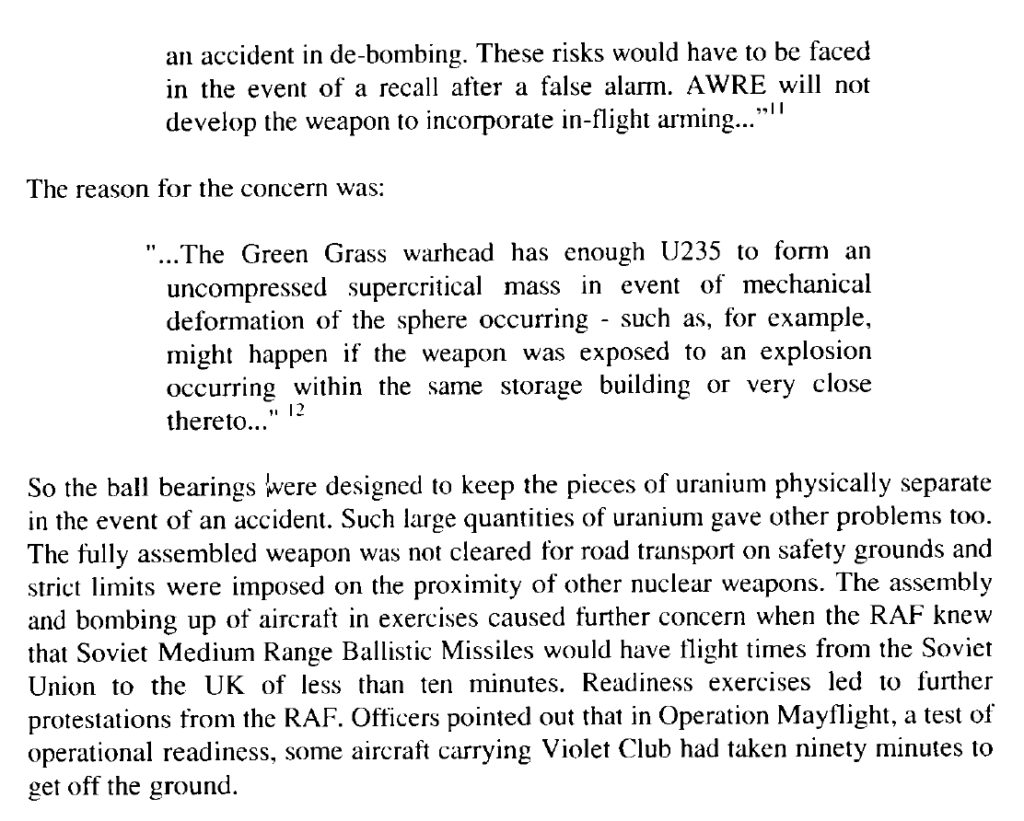OK, the title implies more depth than there is. But the Indian Army’s 2018 Land Warfare Doctrine has a couple of items about nuclear weapons and India’s security environment. Here’s one:
A concerted effort is being made by our adversaries to shrink the space for conventional wars, through prosecution of unconventional operations at the lower end of the spectrum and threats of early and irrational use of nuclear weapons at the other. While conventional war will remain central in the construct of the spectrum of operations, the Indian Army will continue to prosecute effective Counter Insurgency/ Counter Terrorism operations to ensure deterrence through punitive responses, against state sponsored proxy war.
I think the other points to operations in a post-detonation environment:
The Indian Army will continue to enhance our capability to fight in a Chemical, Biological, Radiological and Nuclear (CBRN) environment. Field formations/units will be equipped to prosecute operations through a Chemical, Biological, Radiological and Nuclear contaminated zone, to maintain tempo of operations.

